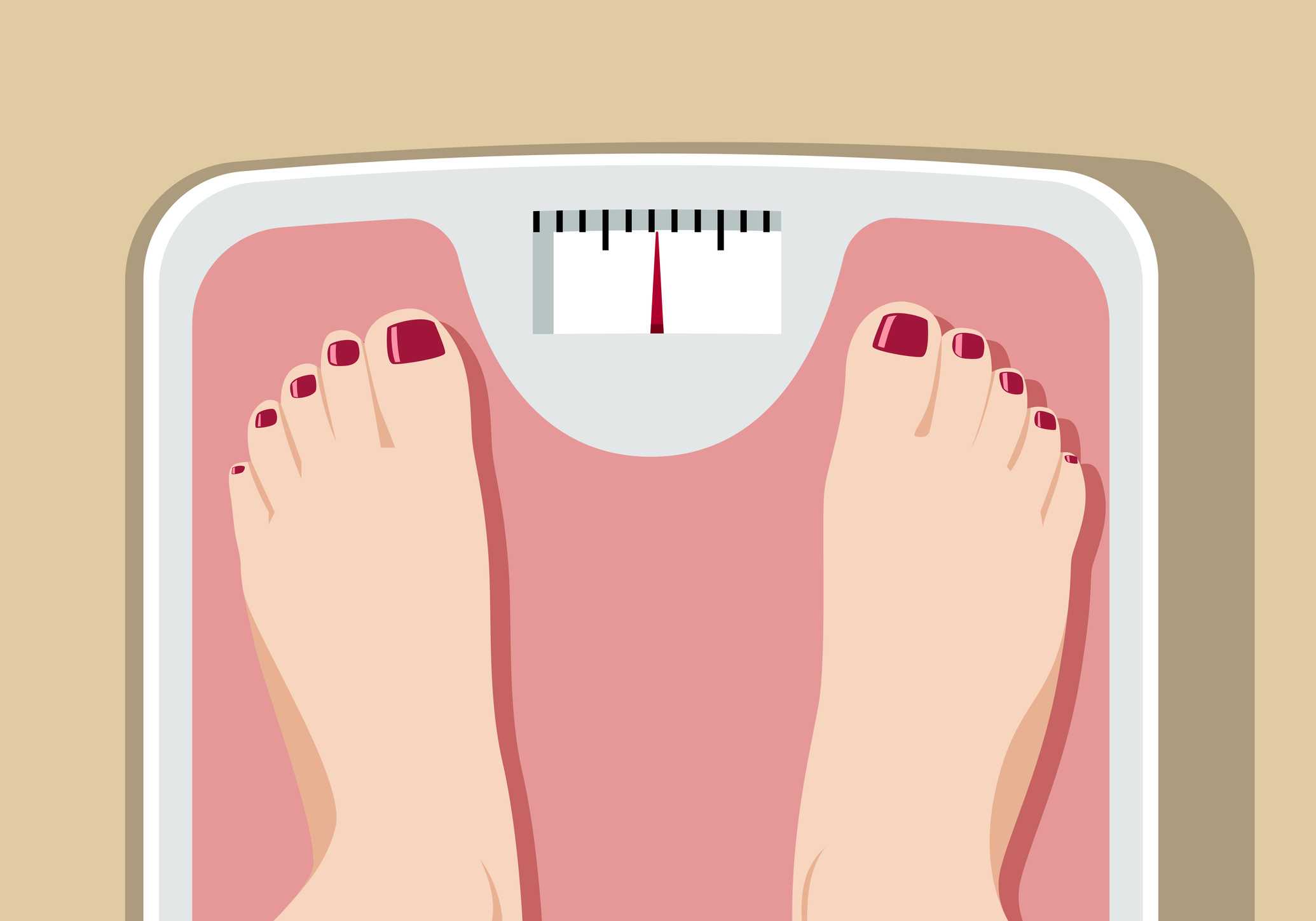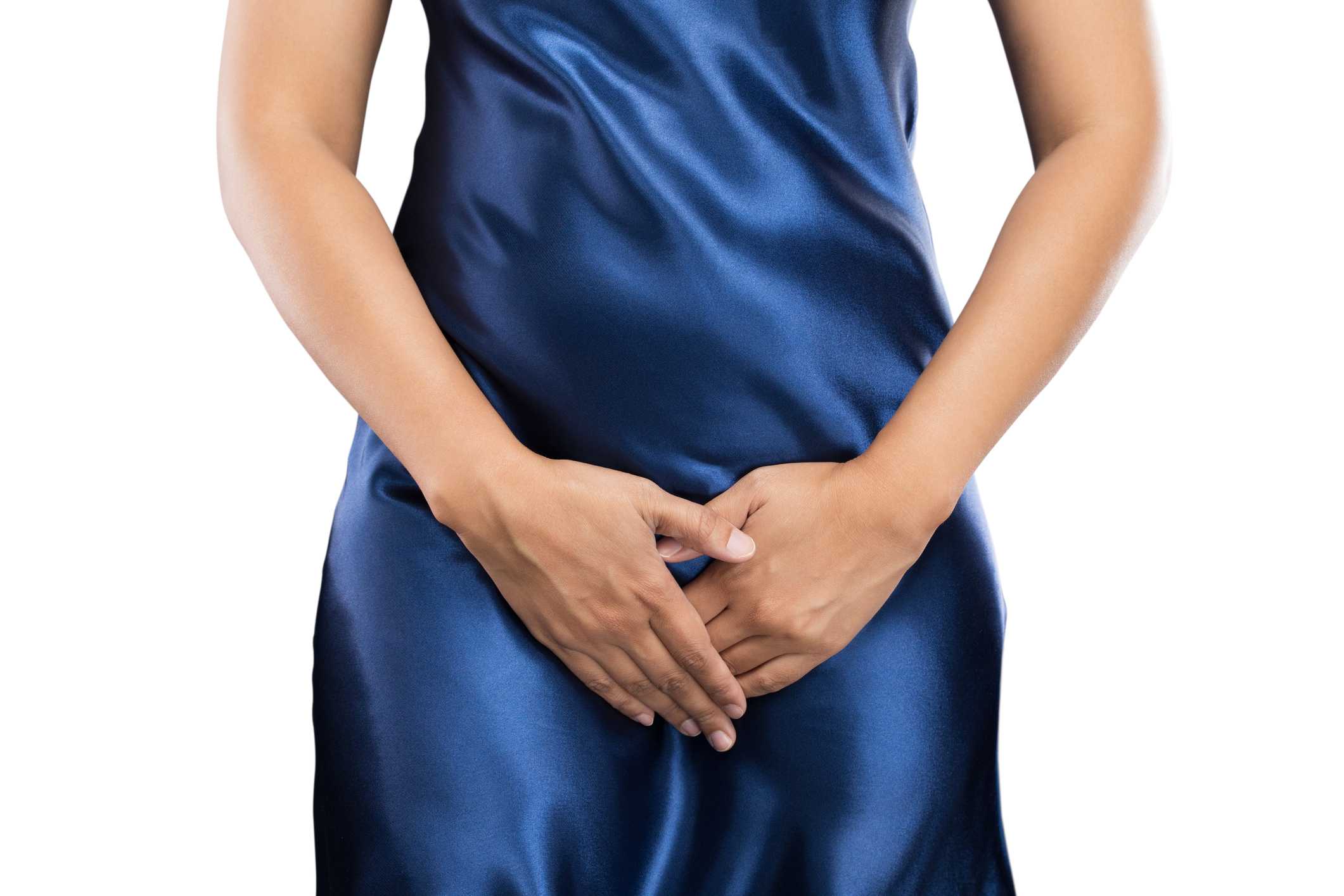Women should be aware of the symptoms of gestational diabetes, a form of diabetes that develops during pregnancy and diabetes resulting from PCOS (polycystic ovary syndrome).
If you notice the symptoms of diabetes, the NHS advises that you contact a GP as soon as possible.
Treating diabetes early can help to prevent further health complications.
What are the symptoms of diabetes that are specific to women?
Women may experience the following symptoms:
This is over and above the general symptoms of diabetes, which include the following:
Common symptoms of diabetes
Thrush and yeast infections
Vaginal thrush (vulvovaginal candidiasis) can be a symptom of diabetes as high blood sugar levels can cause glucose to be excreted via the urine.
Glucose in the urine can create a fertile breeding ground for yeast infections.
Symptoms of vaginal yeast infections include:
- Soreness and itching around the vagina
- Reddening of the skin
- A white curd like appearance on the skin
- White vaginal discharge
- Pain during intercourse
Oral yeast infections can also occur as a symptom of diabetes.
Female sexual dysfunction (FSD)
Female sexual dysfunction (FSD) can cause difficulties in sexual activity in the following ways:
- Lack of sex drive
- Difficulty with arousal and achieving orgasm
- Pain during intercourse (dyspareunia)
High blood sugar levels over a period of time can lead to poor blood supply and/or nerve damage which can lead to problems with arousal and achieving orgasm.
High blood sugar can also lead to a lack of natural lubrication in the vagina which can make sex difficult or painful.
Psychological reasons can be an alternative reason for female sexual dysfunction
Gestational diabetes
Gestational diabetes is a specific form of diabetes that occurs during pregnancy. The symptoms of gestational diabetes are the same as for other forms of diabetes.
Sometimes the symptoms may not be noticeable. For this reason, women are generally screened for gestational diabetes between weeks 24 and 28 of their pregnancy. Gestational diabetes develops in about 3 to 5% of all pregnancies.
Polycystic ovary syndrome (PCOS)
Polycystic ovary syndrome is a condition in which the ovaries have a larger number of cysts on then normal.
The cysts are under-developed follicles containing eggs. The NHS notes that PCOS may be linked with higher levels of insulin in the body, which is more common in people who are overweight and people with type 2 diabetes.
Whilst a diagnosis of PCOS does not mean you have diabetes, it is linked with a higher risk of type 2 diabetes.

















